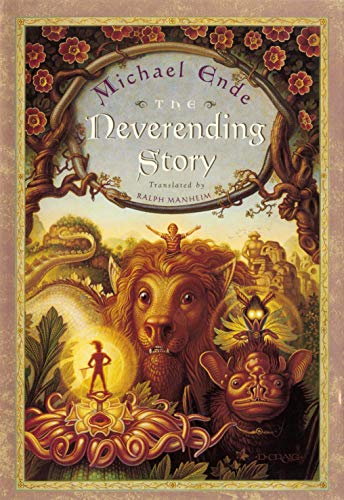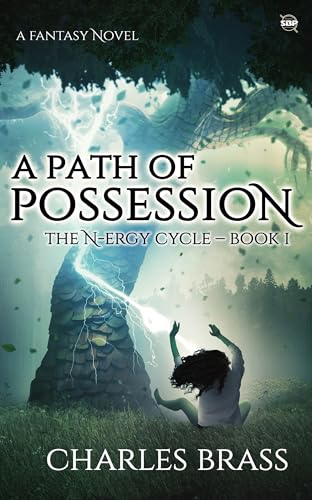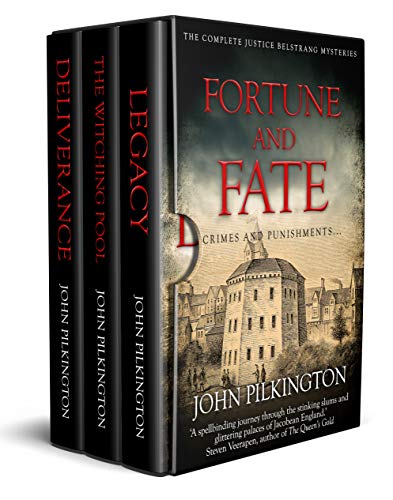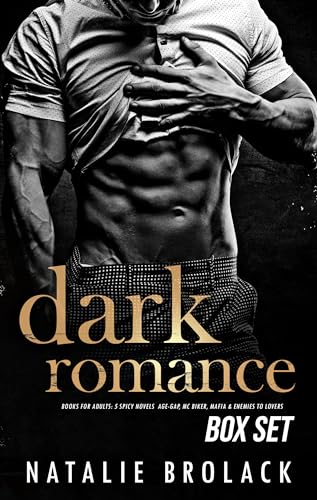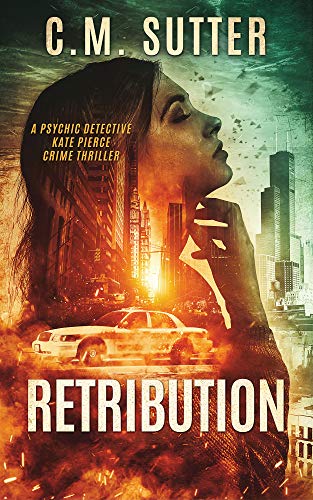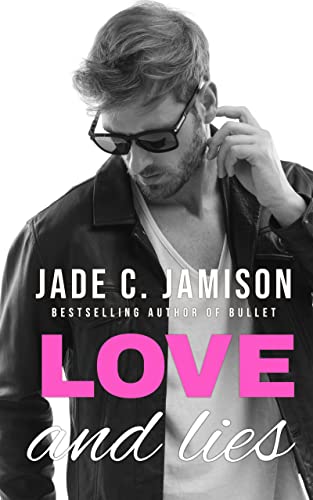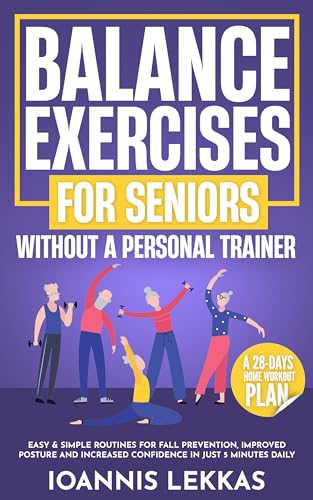In today’s Publetariat Dispatch, we offer a roundup of opinion on Amazon’s moves into publishing and its sometimes aggressive moves in the marketplace.
There’s been much commentary about Amazon’s new KDP Select program, as well as about its one-day price comparison app promotion, some of which we’ve been sharing here on Publetariat. The debate rages on, and now branches out into the question of the impact programs like this and mega-bookseller Amazon have on small, independent booksellers. Surprisingly, there are well-considered arguments on both sides.
Independent Bookseller Bob Spear quotes from an open letter American Booksellers Association CEO Oren Teicher, written in response to Amazon’s one-day, bricks-and-mortar price comparison app promotion:
Despite your company’s recent pledge to be a better corporate citizen and to obey the law and collect sales tax, you created a price-check app that allows shoppers to browse Main Street stores that do collect sales tax, scan a product, ask for expertise, and walk out empty-handed in order to buy on Amazon. We suppose we should be flattered that an online sales behemoth needs a Main Street retail showroom.
Forgive us if we’re not.
We could call your $5 bounty to app-users a cheesy marketing move and leave it at that. In fact, it is the latest in a series of steps to expand your market at the expense of cities and towns nationwide, stripping them of their unique character and the financial wherewithal to pay for essential needs like schools, fire and police departments, and libraries.
Over on Slate, Farhad Manjoo takes the controversial position that buying books on Amazon is better for authors, better for the economy, and better for you, because (in his opinion) small, local booksellers aren’t really doing consumers much of a service by comparison:
…I was primed to nod in vigorous agreement when I saw novelist Richard Russo’s New York Times op-ed taking on Amazon’s thuggish ways. But as I waded into Russo’s piece—which was widely passed around on Tuesday—I realized that he’d made a critical and common mistake in his argument. Rather than focus on the ways that Amazon’s promotion would harm businesses whose demise might actually be a cause for alarm (like a big-box electronics store that hires hundreds of local residents), Russo hangs his tirade on some of the least efficient, least user-friendly, and most mistakenly mythologized local establishments you can find: independent bookstores. Russo and his novelist friends take for granted that sustaining these cultish, moldering institutions is the only way to foster a “real-life literary culture,” as writer Tom Perrotta puts it. Russo claims that Amazon, unlike the bookstore down the street, “doesn’t care about the larger bookselling universe” and has no interest in fostering “literary culture.”
That’s simply bogus. As much as I despise some of its recent tactics, no company in recent years has done more than Amazon to ignite a national passion for buying, reading, and even writing new books.
In a rebuttal to Manjoo, on Flavorwire, Judy Berman explains why she feels he’s giving small booksellers short shrift:
I find it sad, actually, that Manjoo — a generally sharp and smart technology writer — finds clicking around on Amazon to be more fun than browsing the shelves of a real-life bookstore where (gasp!) one might actually interact with other book lovers. It also seems specious to argue that Amazon customer reviews are more useful than the advice of an independent bookstore employee or owner, who presumably has more knowledge of and enthusiasm for literature than your average unknown dude typing angrily in his parents’ basement. A bookseller, for example, would probably not opine that Jane Eyre is “a longer story of 456 pages in which really could have been written well in half the length.”
Mark Coker believes the KDP Select program is wholly predatory, and bad for authors, publishers, and booksellers alike. As he writes in his blog post on the matter:
Impact on authors:
- Forces the author to remove the book from sale from the Apple iBookstore, Barnes & Noble, Sony, Kobo, Smashwords and others, thereby causing the author to lose out on sales from competing retailers.
- By unpublishing a title from any retailer, the author destroys any accrued sales rank, making their book less visible and less discoverable when and if they reactivate distribution to competing retailers
- Makes the author more dependent upon Amazon for sales. Do you want to become a tenant farmer, 100% dependent upon a single retailer? As some of you history buffs may know, tenant farming, and the abuses of power by landlords, was a primary contributor behind the great Irish potato famine.
Author LJ Sellers, on the other hand, feels her decision to offer some of her work through KDP Select was merely a formality since most of her sales come through Amazon anyway:
…I don’t want to see Amazon become a monopoly or have it be the only place my books are available. I want readers to have choices. Still, to survive financially, I may have to climb on board the Amazon train and let go of the idea that I’m an independent author.
Two issues are on deck for me right now. First, is the lending library that everyone’s buzzing about and some are calling predatory. Amazon called me two weeks ago to pitch KDP Select to me personally. Surprised by the contact, I assume it’s because I have ten books on the market and sold quite a few on Kindle last year.
My only concern was the exclusivity issue, but in the end, I decided to enroll two of my standalone thrillers. Which means I had to pull those books from all other e-readers. I wasn’t making enough money on them from any other sources for it to be a financial decision. My hesitation was based only on my commitment to give readers full access to my books.
But the promotional opportunity Amazon offered—a five-day giveaway of the books—was hard to resist. The exposure could be invaluable. Right now, The Suicide Effect is being downloaded in record numbers. Because I have nine other books for new readers to buy, this could turn out well for me. I’ll know in the next month or so.
Bookavore examines the corporate culture and business practices of Amazon, as they trickle down to readers:
At this point I am thinking one or all of the following must be true:
- The company culture at Amazon is in some part developed on the back of a scrappy underdog mentality that can only, given their current dominance, be furthered by deliberate business decisions that allow the company to feel like a misunderstood victim
- The marketing department has hard data showing that given the general miasma of free market exhortation in modern political discourse, consumers respond enthusiastically to offers that deliberately and overtly screw over competition, in large enough numbers to make any negative press a moot point
- This is all part of an elaborate campaign to make decisions that compel Amazon’s competition and detractors to come out in numbers ruing their predatory and unethical practices, which given the reactive nature of the Internet will give Amazon’s defenders endless chances to label the detractors as old-fashioned, elitists, nostalgia-hounds, and/or Luddites, further cementing the “Amazon vs. the world” brand story
- Amazon has studied the possibility that they could make more money long-term by gaining the loyalty of customers who would be swayed by more ethical business practices, but has also realized it wouldn’t be worth the investment


